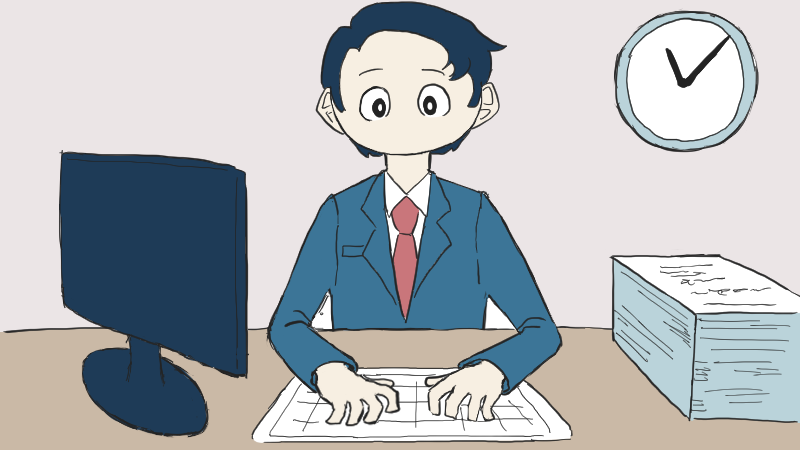Labor Standards Act
What is Labor Standards Act
The Labor Standards Act sets minimum standards for the conditions for workers. Specifically, each item required to maintain an appropriate working environment, such as labor contracts, working hours, paid leave, wages, and employment rules, is stipulated in detail. Companies that violate these standards will be penalized. In principle, it applies to all workers in Japan except national public employees.
After being promulgated under the Yoshida Cabinet in 1947, the "Act for Partial Revision of the Labor Standards Act" was passed by the 170th Diet session, promulgated on December 12, 2008, and came into effect on April 1, 2010. The amendment primarily encourages the reduction of overtime and the use of annual paid leave.
Working Hours
Employers are prohibited to force workers to work more than eight hours per day or 40 hours per week in principle, except break times.
Employers must provide breaks of at least 45 minutes if the working hours exceed six hours, and at least one hour if the working hours exceed eight hours.
Employers must provide at least one day off per week or at least four days off throughout the four weeks.
Overtime
When workers are forced to work overtime, a 36 Agreements must be concluded with a labor union comprising a majority of the workers in the workplace. In addition, 36 Agreements must be submitted to the Labour Standards Inspection Office, and even if they are concluded, unrestricted overtime is not possible. The standard of overtime work is defined in the "Standards for limits on overtime work", and the standard of one month 45 hours, one year 360 hours, etc. are shown.

Principle of Equal Treatment and Equal Wages for Men and Women
Employers are prohibited from discriminating against workers on the basis of gender or social status. Also, employers must not discriminate against workers on wages by gender.

Prohibition of Forced Labor
Employers are prohibited from forcing workers to work against their will, and if an employer violates the law, he or she is subject to imprisonment for more than one year but less than ten years or a fine of more than 200,000 yen but less than three million yen.
Elimination of Intermediate Exploitation
Except for temporary work, it is prohibited to do intermediate exploitation between employers and workers. Violators will face up to one year in prison or a fine of up to 500,000 yen.
Response in case of violation
Under Article 13 of the Labor Standards Act, even if a contract is made that violates the Labor Standards Act, it is stipulated that "Labor contracts which stipulate working conditions that do not meet the standards of this act shall be invalid with respect to such portions".
The Labor Standards Act stipulates minimum conditions for workers to work.
Workers are prohibited from working more than eight hours per day and 40 hours per week (Excluding overtime and special occupations).
